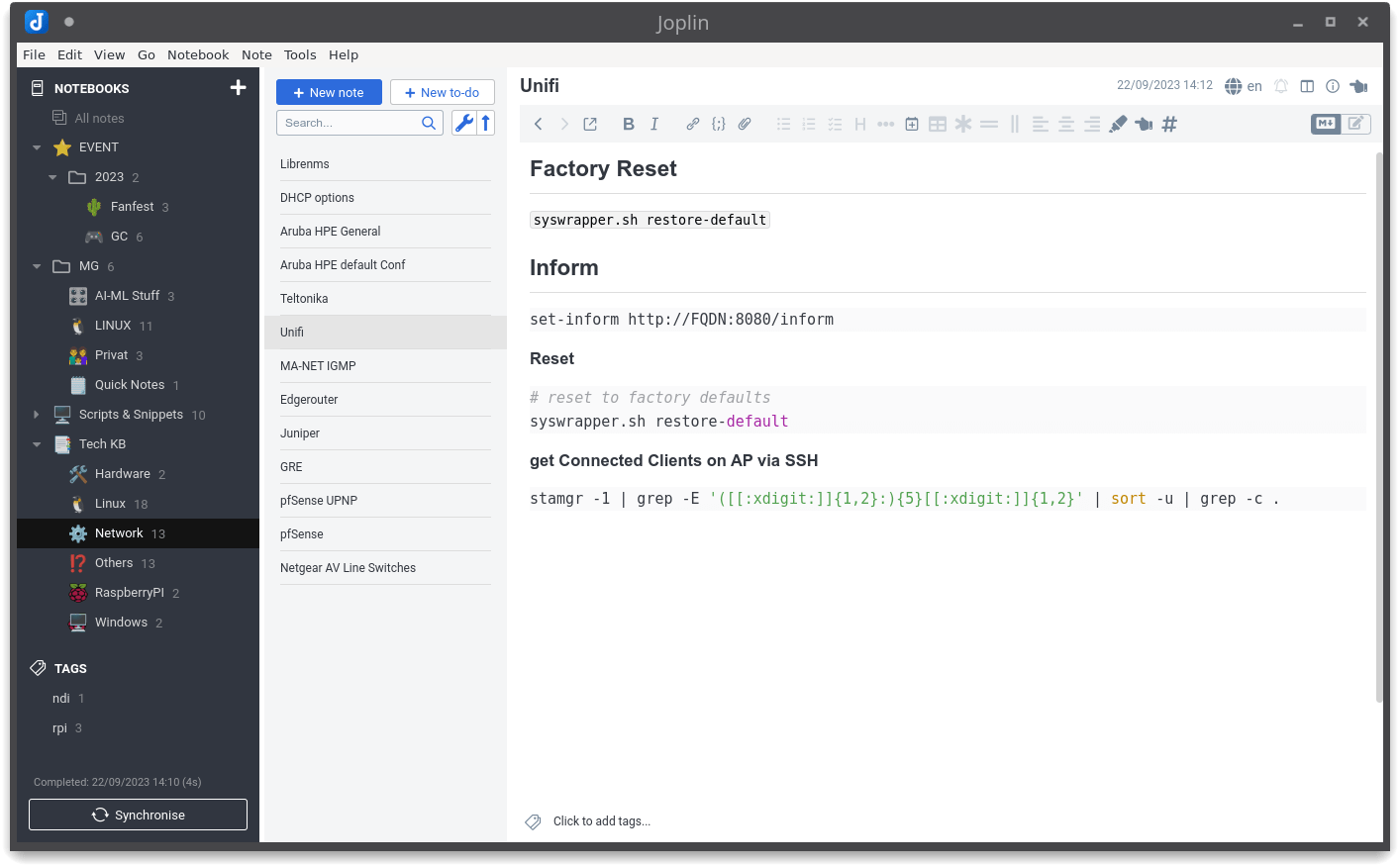Index Surge: Amplifying Your Insights
Stay updated with the latest trends and news across various industries.
Taking Notes Like a Pro: Software That Doesn’t Just Listen
Unlock your potential! Discover note-taking software that understands you, boosts productivity, and transforms your ideas into action.
Top 5 Note-Taking Software That Go Beyond Simple Recording
In today's fast-paced digital world, finding the right note-taking software can drastically improve your productivity and organization. While many applications focus solely on basic recording, there are several standout tools that offer advanced features to enhance how you capture, manage, and collaborate on your notes. Here are the Top 5 Note-Taking Software that go beyond simple recording:
- Evernote: A versatile platform that allows you to organize notes in notebooks, integrate to-do lists, and capture web articles effortlessly.
- Notion: This all-in-one workspace combines note-taking with databases, calendars, and task management, making it perfect for both personal and team projects.
- Microsoft OneNote: With its freeform canvas and rich multimedia integration, OneNote enables users to create dynamic notes that transcend traditional text entries.
- Roam Research: Ideal for nonlinear note-taking, Roam employs a unique graph database approach, allowing users to create connections between notes and ideas.
- Obsidan: Focused on building a personal knowledge base, Obsidian supports markdown files and backlinks, turning your notes into a interlinked thought network.

How to Choose the Right Note-Taking Software for Your Needs
Choosing the right note-taking software can significantly enhance your productivity and organization. Begin by assessing your specific needs. Do you require a simple interface for quick notes, or do you need advanced features like task management and collaboration? Consider the types of devices you'll be using. Some software excels on mobile platforms while others are optimized for desktop. Make a list of essential features such as tagging, search capabilities, and cloud storage to help narrow down your options.
Next, explore different note-taking applications available in the market. Popular choices include Evernote, OneNote, and Notion. Each of these applications offers unique functionalities, ranging from basic note-taking to robust project management tools. Try out a few free trials to determine which interface you find most intuitive and effective. Additionally, consider reading user reviews and expert opinions to gain insights into how the software performs in real-world scenarios.
Can Note-Taking Apps Really Help You Retain Information Better?
In today's fast-paced digital world, note-taking apps have become essential tools for students, professionals, and anyone seeking to enhance their learning experiences. These applications allow users to capture and organize information in various formats, including text, images, and audio. Research has shown that when individuals actively engage with new material—such as through synthesizing notes or summarizing concepts—they can significantly improve their information retention. Furthermore, the flexibility of these apps enables users to revisit and revise their notes at any time, reinforcing knowledge through repetition.
Moreover, the integration of features like reminders, tags, and search functions means that note-taking apps can streamline the studying process and help users access relevant information swiftly. For instance, apps that allow users to categorize notes or create mind maps may promote better understanding and recall of complex subjects. In conclusion, while traditional methods of note-taking have their merits, the increased functionality and accessibility offered by digital tools can provide substantial benefits for those looking to enhance their information retention.